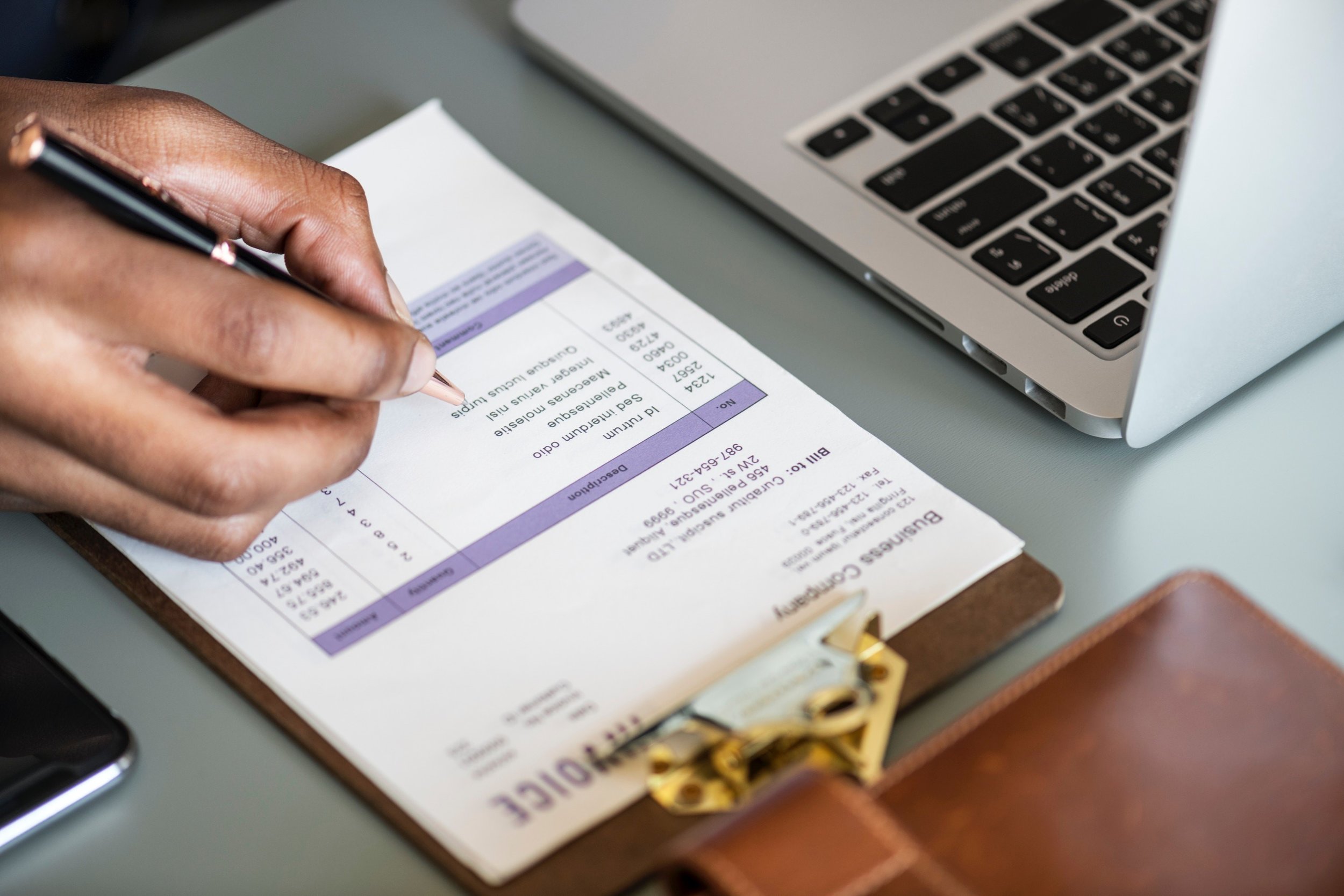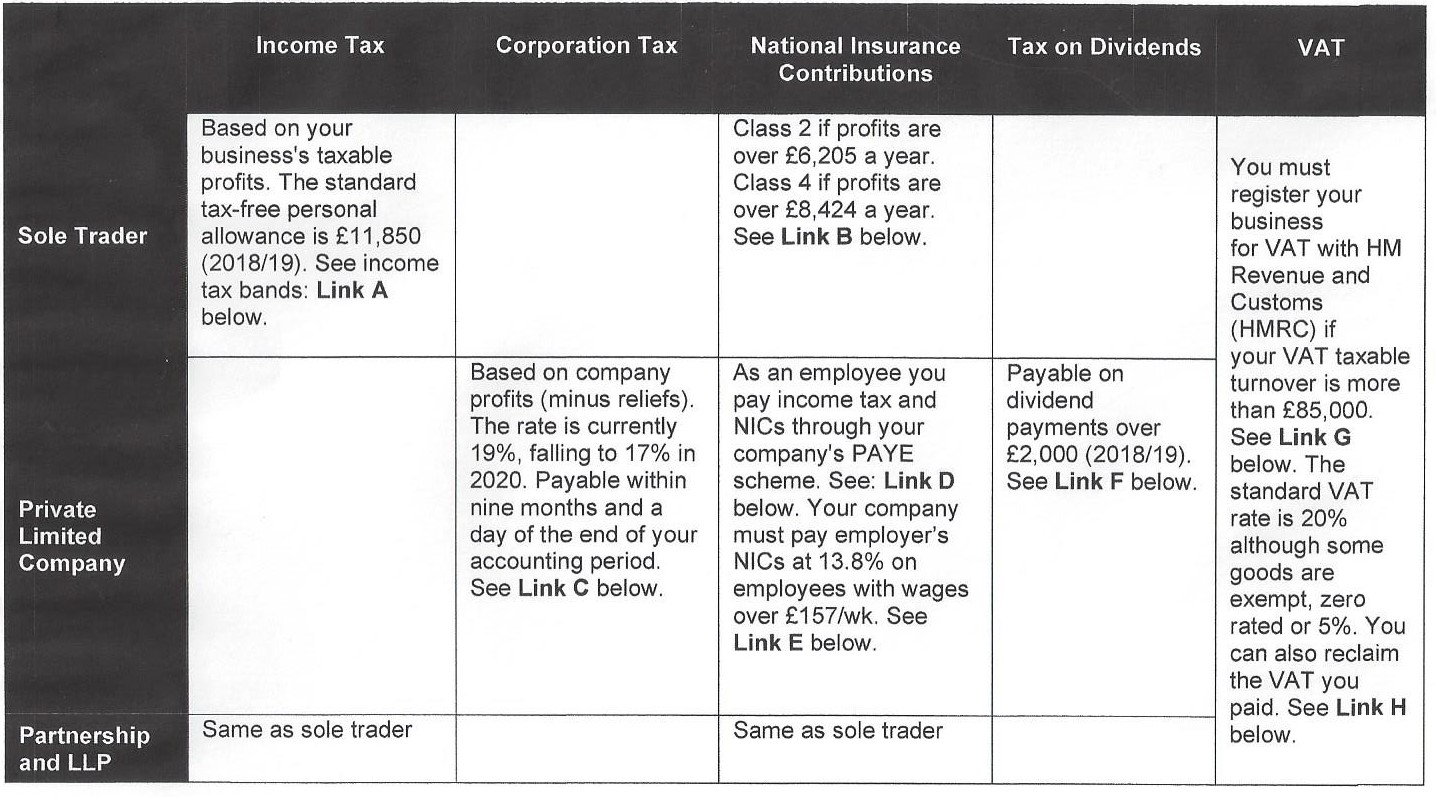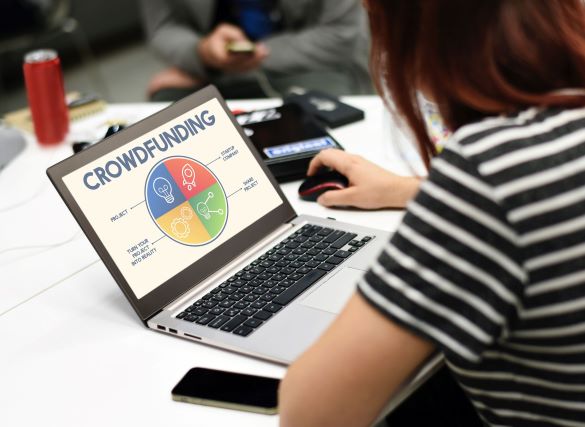3.Will your idea work?
It is better to explore your business idea’s potential for success before you put your time and effort into it, only to find out it isn’t viable. Although it is difficult to predict with 100% certainty whether your business idea will work, you can certainly improve your chances of success by taking the following steps:
Understand your market
Gain a thorough understanding of your market and how you can serve it competitively. See Section 8: Understanding Your Market. You can also read “How to Research Your Business Idea” in Entrepreneur Europe.
Try to determine your competitors’ financial position
You can find useful information about all UK based limited companies at Companies House . For smaller businesses you will only see an abridged balance sheet or micro-entity accounts but this should tell you whether the company’s assets are greater than their liabilities. To interpret these accounts, read ‘How to Read Micro or Short Form Accounts’. Understanding your competitors’ financial position can help you identify the strongest competitors and, as a result, to learn from their success (but only for limited companies).
Research your most successful competitors
Ensure that your product or service offer can stand out from theirs and is good enough to answer the question: “Why should my target customer buy from me rather than from my competitors?” Find out more about your competitors’ social networks, read reviews about their products or services, try to establish how they market themselves and what their brand stands for. Complete a Competitor Analysis Framework like the one described in Section 8. Do you think you can successfully position your business amongst these competitors and attract the number of customers you need to make the business financially viable? Try to find as much evidence of this as possible.
Assess the commercial feasibility of your business
Your commercial feasibility should cover the following:
How much money do you need to make to meet your living expenses?
How long do you expect to be in business before you make your first sale?
How much money do you need to start up?
How do you intend to fund the business during the start up phase?
Estimate your fixed and variable costs.
What price would your customers pay for your products and services?
What is your sales forecast?
What is your breakeven point?
How long will it take to reach breakeven sales volume?
How much working capital will you need to sustain operations?
Return on investment
Cash flow analysis
Speak to Potential Customers
If you can locate a group of your target customers, then speak to them about your idea. If this is difficult, then you could have a focus group set up (you would need to pay for this). If the findings are positive, you could then conduct a survey of, say one hundred or more target customers, to find out whether they would buy your product or service, and how much they would be prepared to pay for it.
TO FIND OUT MORE, CLICK ON THE LINKS BELOW!
> Next



















